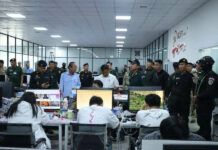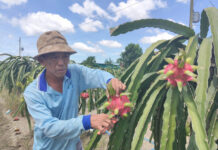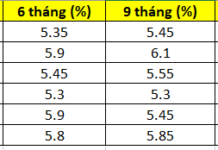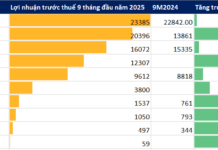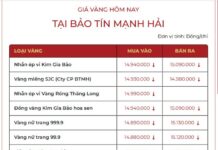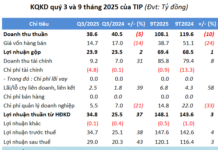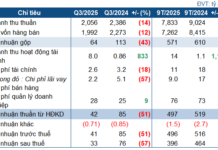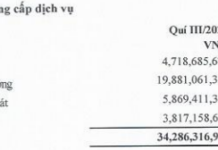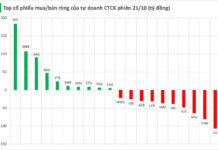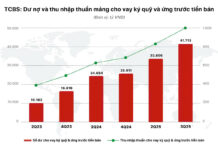Cattle, poultry feed associations: Vietnam Livestock Association, Vietnam Animal Feed Association, Vietnam Large Livestock Association, Vietnam Poultry Association have recently sent a letter to the Prime Minister and the Chairman of the National Assembly, proposing to remove the regulation on conformity assessment for feed and veterinary drugs, control imported animal products, and propose value added tax for animal products.
Suggestions to remove the regulation on conformity assessment
In the proposal letter, livestock associations believe that the management of feed and veterinary drugs according to technical standards is necessary to ensure food safety for humans and animal health. According to the current laws of Vietnam, the production of animal feed and veterinary drugs is a conditional business.
Accordingly, companies producing and trading these items must meet the production requirements assessed and appraised by state agencies before production, and have annual maintenance monitoring evaluations by agencies. Moreover, there are regular and surprise inspections by other functional agencies of the Ministry or locality.

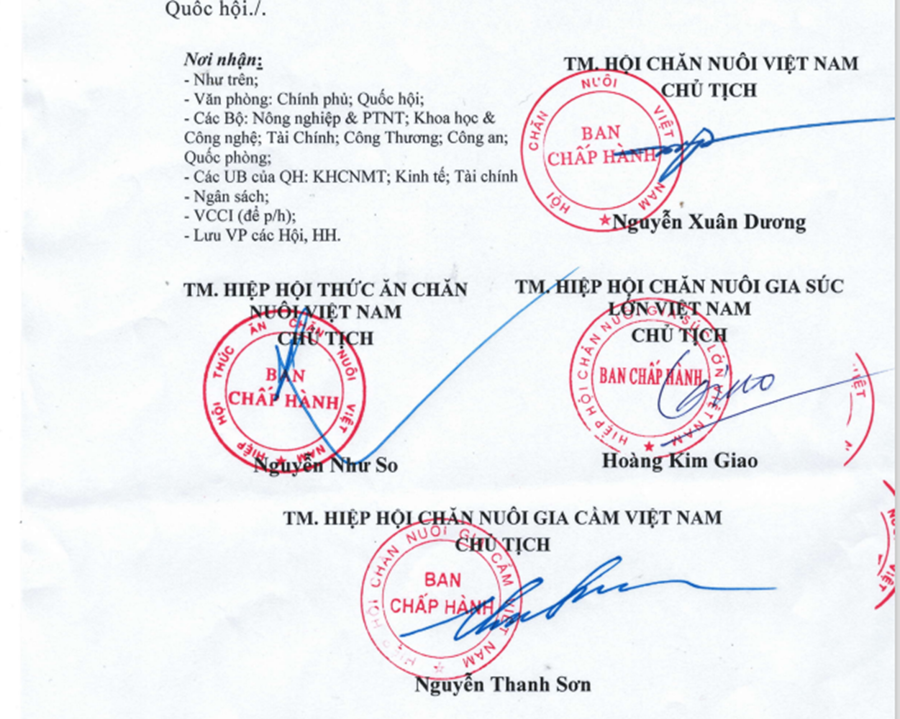
However, companies producing animal feed and veterinary drugs still have to comply with conformity assessment. The assessment of conformity declaration activities for products essentially evaluates production conditions and procedures, taking representative samples for testing.
Livestock associations state that for animal feed and veterinary medicines, before factories go into production, they have already been evaluated and certified by state agencies to meet production and business conditions, and continue to have maintenance monitoring evaluations during the production and business process. This includes representative sampling measures to test safety parameters according to the regulations in technical standards. Therefore, the assessment of conformity declaration for animal feed and veterinary drugs by current conformity assessment and certification organizations is redundant.
Meanwhile, the costs for conformity assessment are costly. Currently, companies have to pay VND 2-4 million for each sample of an animal feed product and VND 10-20 million for each vaccine.
“If we calculate for a company with hundreds of products, it would cost billions of Vietnamese dong for conformity assessment, not to mention the time lost for companies in implementing the law,” the proposal letter stated.
Therefore, livestock associations suggest that the Prime Minister and the Chairman of the National Assembly remove the regulation on conformity assessment from the Veterinary Law and Livestock Law.
Value Added Tax is unreasonable
According to the Farmers’ Union, under the provisions of Article 1 of the Amended VAT Law 2016, livestock products such as cleaned and packaged poultry eggs; livestock meat after slaughter, cooling, freezing… if traded and exchanged between companies, cooperatives, are exempt from 5% value added tax.
However, if companies, cooperatives produce and sell these items to individuals, individual business households, they have to pay a 5% tax. This regulation is causing many difficulties for the consumption of domestically produced livestock products.
“The 5% value added tax on pre-processed livestock products is hindering the activities of companies and cooperatives investing in standardized production and safe food environment.”
According to livestock associations, pre-processed livestock products such as industrial slaughtering have incurred more costs than manual slaughtering and adding a 5% value added tax will make them unable to compete with uncontrolled quality and safety livestock products and similar imported livestock products, such as frozen meat, unvaccinated chickens exempt from value-added tax at the import stage.
Many companies have invested in workshops, modern equipment lines, which are expensive, such as DABACO, Masan, Visan, CP, Deheus… but their products are not being consumed, the actual production capacity only accounts for less than 30% of the designed capacity.
The main reason for these existing issues is that we have not been able to control manual slaughtering activities in production, business conditions, and tax policies. The 5% value-added tax on pre-processed livestock products is hindering the activities of companies, cooperatives, while the State also does not collect much revenue from this tax.
Livestock associations suggest that the Prime Minister direct the National Steering Committee for Smuggling, Trade Fraud and Counterfeit Goods and the Ministries of Agriculture and Rural Development, Industry and Trade, Science and Technology, Public Security, and the Military to strengthen inspection and control of imported livestock products.
For legal imports, the government is requested to urgently develop technical barriers and trade policies to minimize legal imports of livestock products. This includes strengthening quarantine measures, quality inspection, and allowing the smallest number of live animal import gateways into Vietnam. It is necessary to prohibit all forms of informal imports of animals and livestock products.
Control imported animal products
Livestock associations agree that compared to countries with developed livestock sectors, our regulations on importing animal products are not strict enough and have many gaps. Meanwhile, to export poultry meat products, we have to face many strict technical barriers in importing countries, making our domestically produced livestock products weak and disadvantaged in our own market.
“With the current import speed, in only 3-5 years when import tariffs for imported livestock products reach 0%, Vietnam will become a super importing country for livestock products.”
According to statistics in 2023, the import turnover of livestock products reached USD 3.53 billion, while the export turnover was only USD 515,000. The current mainstream imported livestock products are mostly by-products that are least used as food, such as heads, necks, livers, skin, reproductive chickens and dairy cattle… Not to mention, expired food products in high quantity with prices as cheap as half of the domestic ones of the same type when imported.
Aside from the official import mentioned above, there is a large quantity of livestock and livestock products being informally imported (smuggled). According to the reports of authorities, in 2023 and the first weeks of 2024, there are 6,000-8,000 slaughtered pigs (each weighing 100-120kg) being smuggled into Vietnam daily, not to mention a large number of buffalos, cows, discarded chickens, breeding chickens…
The current massive importation of livestock products into our country is causing many negative consequences. These include spreading diseases, unfair competition with domestic livestock products, and posing great risks to the quality and food safety of consumers.
Therefore, livestock associations kindly request the Prime Minister and the Chairman of the National Assembly to direct the National Steering Committee for Smuggling, Trade Fraud and Counterfeit Goods and the Ministries of Agriculture and Rural Development, Industry and Trade, Science and Technology, Public Security, and the Military to strengthen inspection and control of imported livestock products.
Regarding legal imports, the government is requested to urgently develop technical barriers and trade policies to minimize legal imports of livestock products. Specifically, this should include measures to strengthen animal quarantine, quality inspection, and allow the smallest number of animal import gateways into Vietnam. It is necessary to prohibit all forms of informal imports of animals and livestock products.



